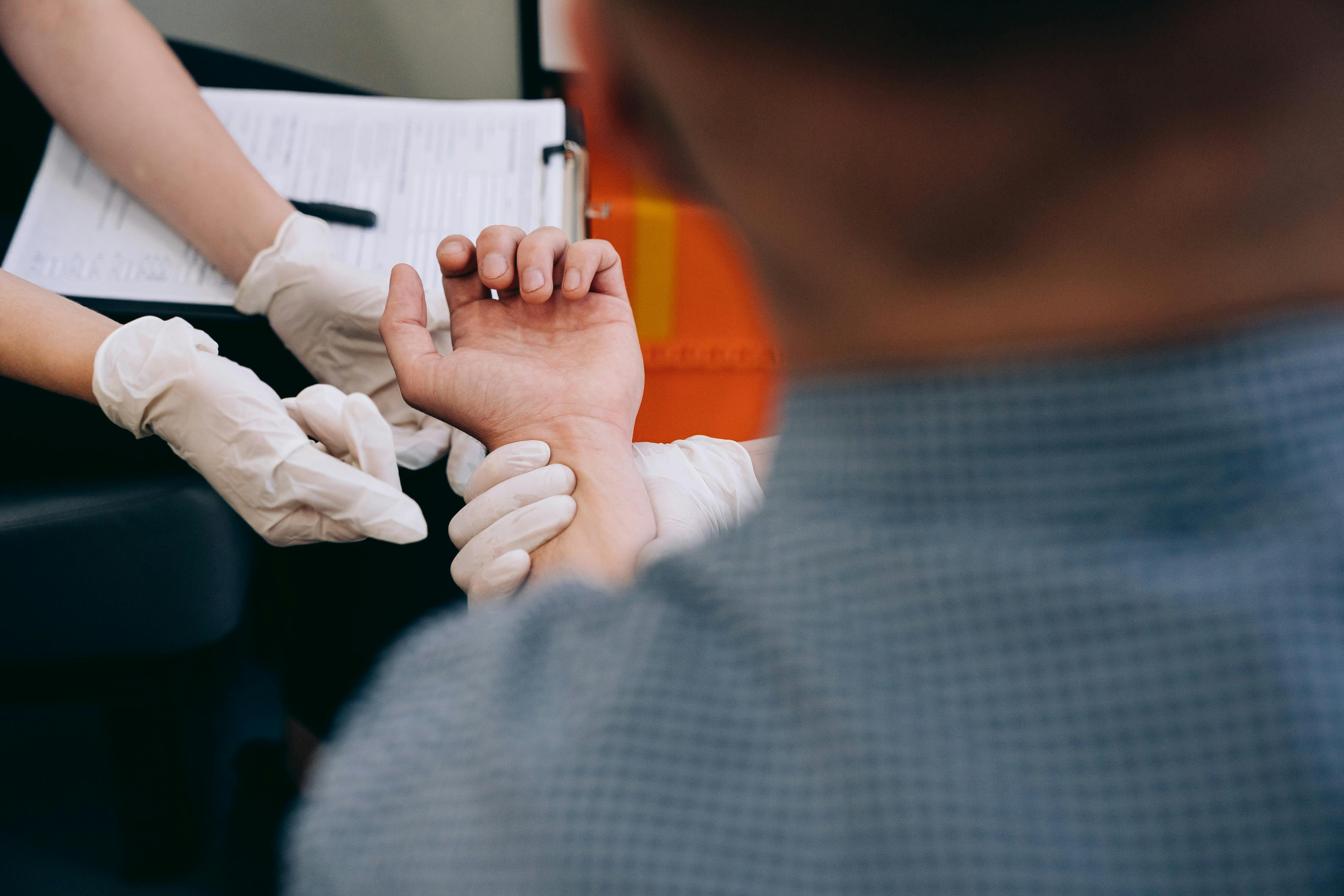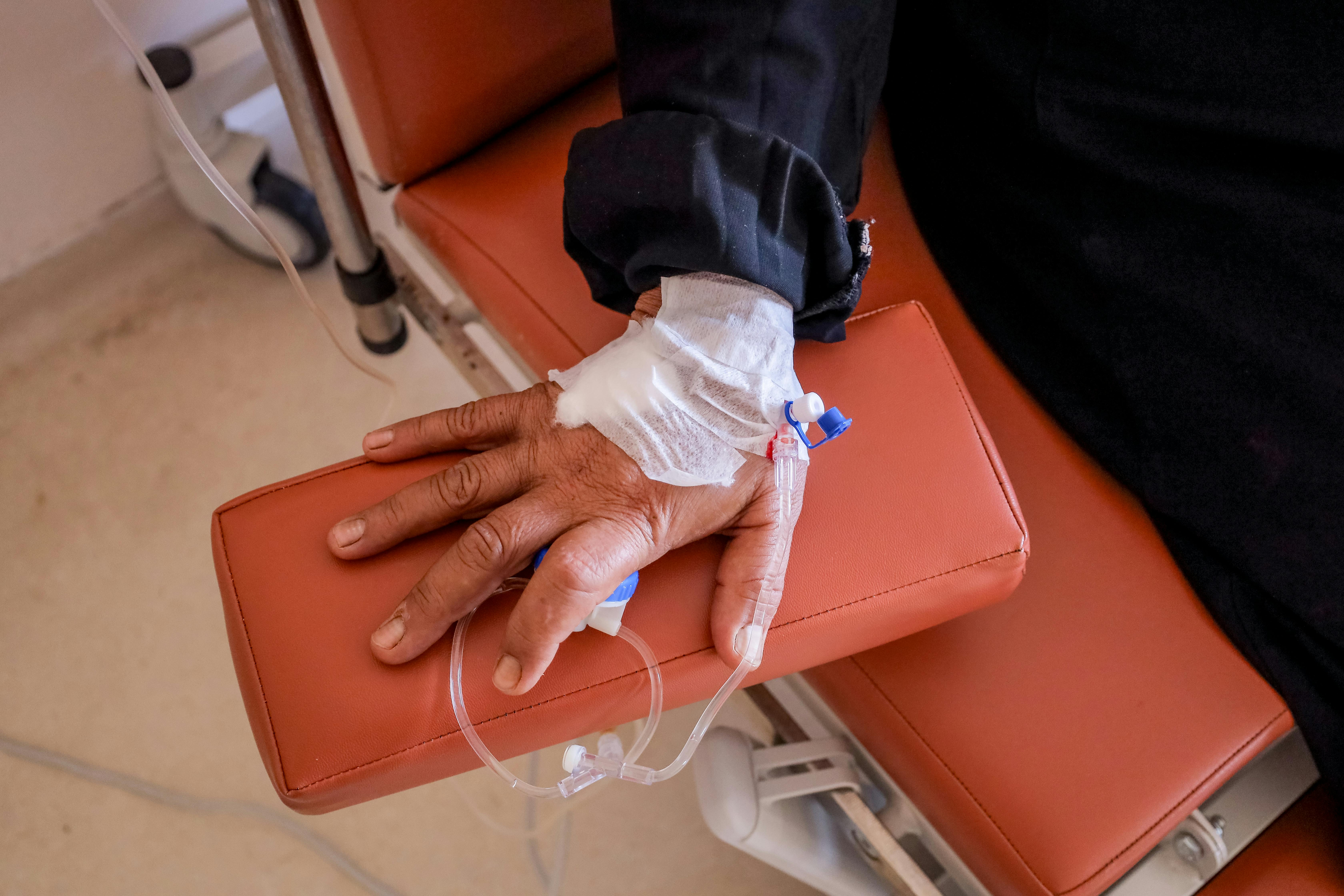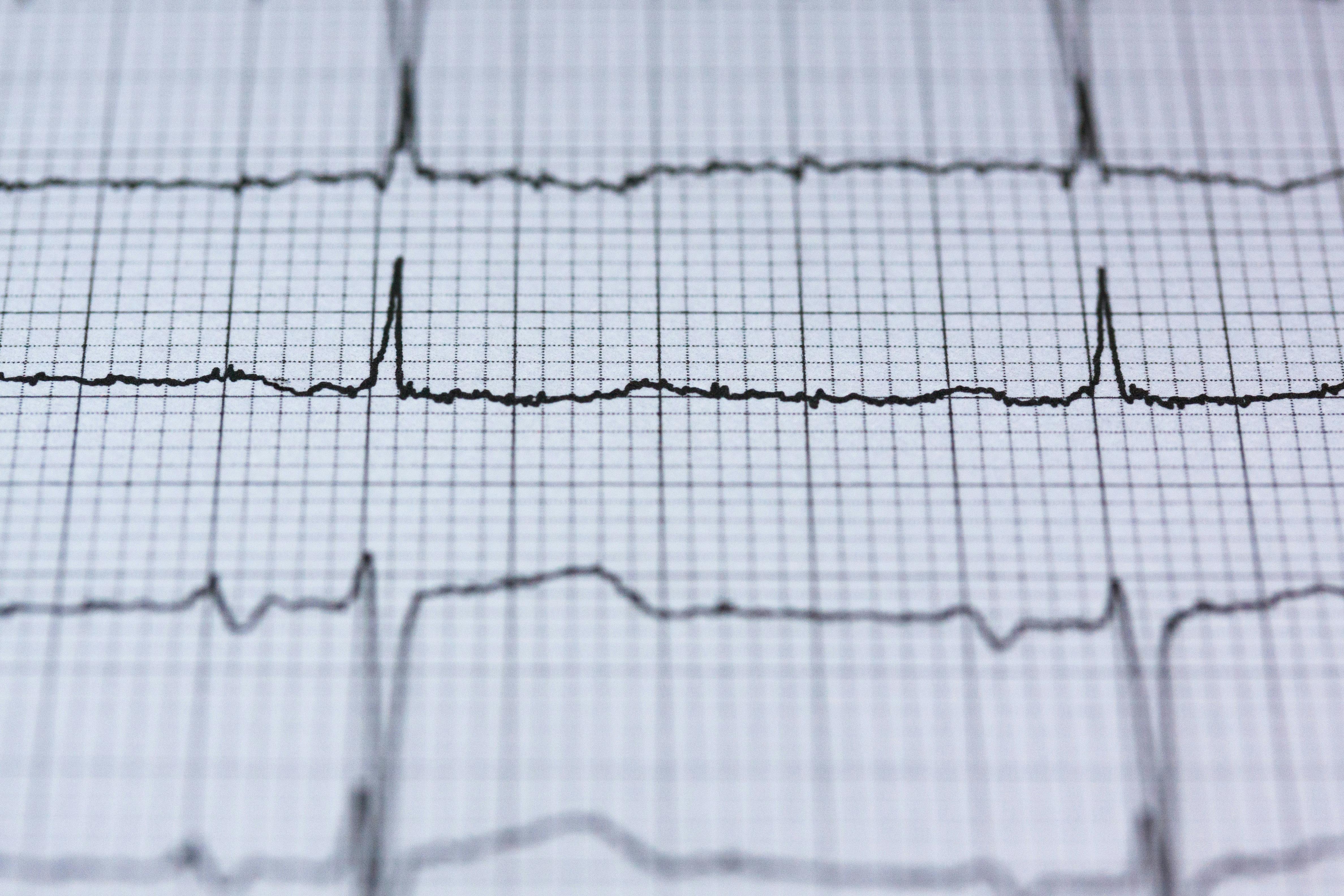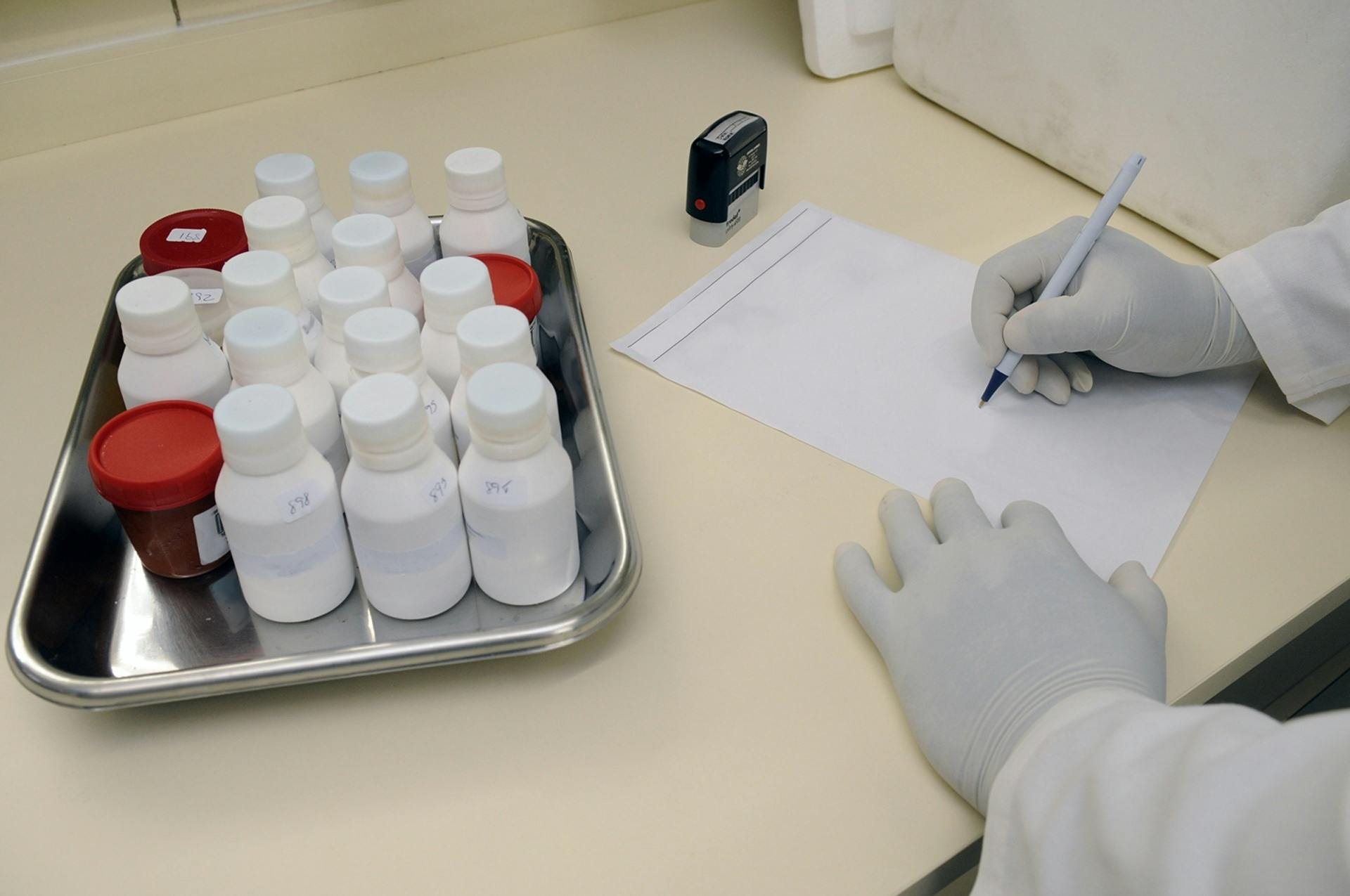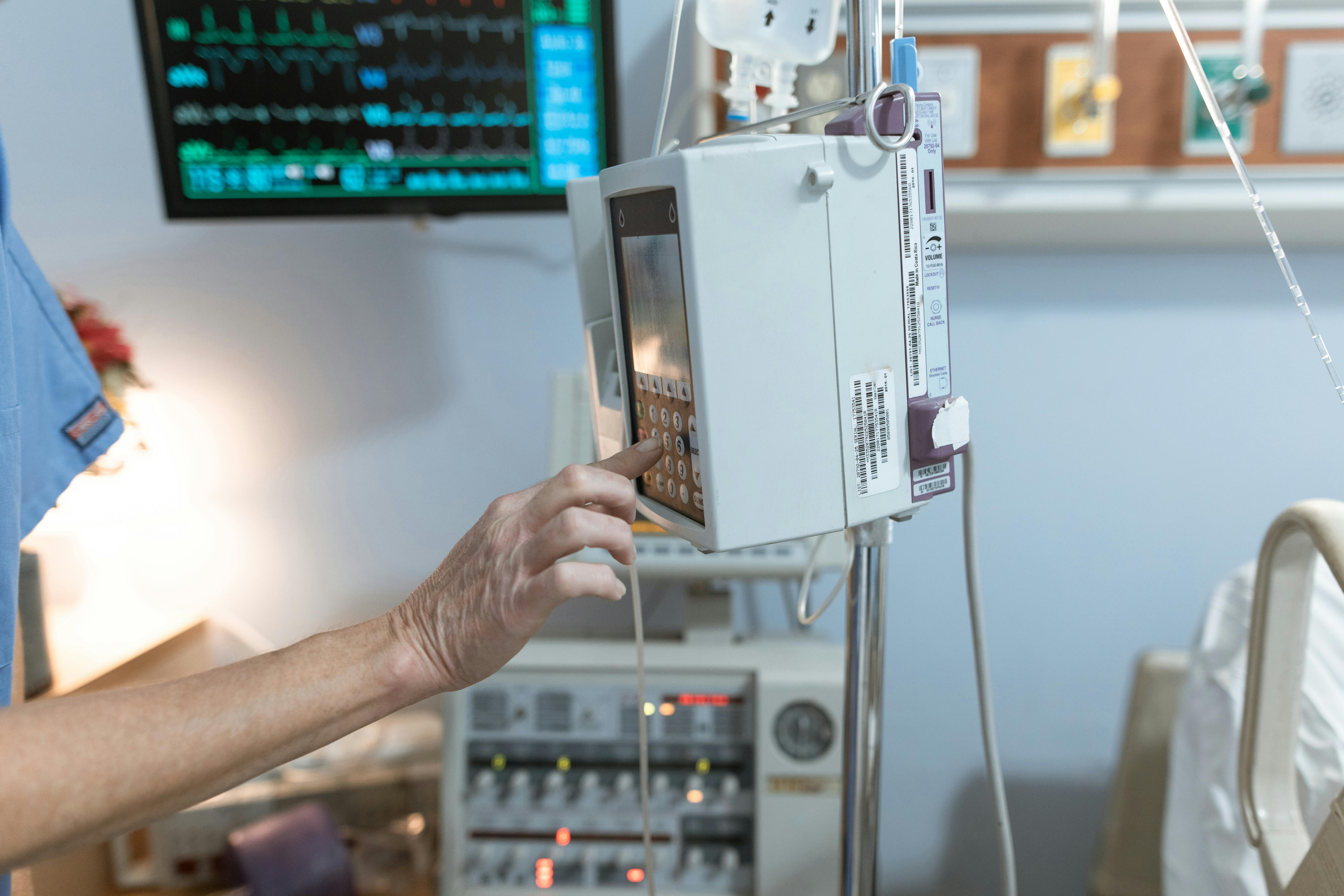Failure to Check for Allergies
Administering Penicillin to a Patient with a Known Allergy, Causing Anaphylaxis
One of the most dangerous and preventable forms of nursing malpractice occurs when a nurse administers medication without checking the patient's known allergies. A common example is when a patient with a documented allergy to penicillin is mistakenly given the drug, resulting in anaphylaxis—a severe, life-threatening allergic reaction. Anaphylaxis can occur within minutes, causing symptoms such as difficulty breathing, swelling, hives, low blood pressure, and even shock. Without immediate intervention, it can lead to organ failure or death.
Proper allergy checks are essential in healthcare, and failing to verify a patient’s allergy history before administering medication is a clear violation of safety protocols. This type of error highlights the critical need for accurate documentation, thorough communication, and adherence to safety measures in the nursing profession.
/ / / / / / / /
Real Case Example
In a real-life case, a 30-year-old woman with a well-documented allergy to penicillin was admitted to the hospital for a bacterial infection. Despite her allergy being clearly marked on her medical records and wristband, the nurse failed to check before administering a dose of penicillin. Within minutes, the patient developed anaphylaxis, having trouble breathing and a severe drop in blood pressure. Emergency intervention saved her life, but she suffered lasting complications from the incident. The patient filed a medical malpractice lawsuit, and the hospital was found liable for negligence due to the nurse’s failure to check her allergy status.
The case investigation revealed that the nurse had not followed the hospital’s standard protocol of verifying allergies before administering medication. This oversight was deemed preventable and resulted in a significant settlement for the patient.
Preventing Allergy-Related Errors
Preventing allergy-related medication errors requires a strict adherence to patient safety protocols, including verifying allergy information at every stage of care. Healthcare providers must consistently check medical records, patient wristbands, and communicate with patients about their allergy history before administering any medication. Technology such as electronic health records and barcode scanning can also help prevent these errors by flagging known allergies.
Conclusion
Failure to check for allergies before administering medication is a critical and preventable error that can lead to severe consequences such as anaphylaxis. Proper allergy verification, effective communication, and adherence to safety protocols are essential in preventing such life-threatening mistakes. If you or a loved one has suffered harm due to a healthcare provider’s failure to check for allergies, it is important to seek legal assistance to understand your rights and pursue justice.
At Malpraq, we specialize in medical malpractice cases involving allergy-related medication errors. Contact us today to discuss your situation and find out how we can help you secure the compensation and accountability you deserve.
Latest
From the Blog
Malpraq.com
Contact
Saint Rock Holdings LLC
309 E Georgia Ave
Phoenix AZ 85012
Malpraq.com
Contact
Saint Rock Holdings LLC
309 E Georgia Ave
Phoenix AZ 85012
Malpraq.com
Contact
Saint Rock Holdings LLC
309 E Georgia Ave
Phoenix AZ 85012
Malpraq.com
Contact
Saint Rock Holdings LLC
309 E Georgia Ave
Phoenix AZ 85012

